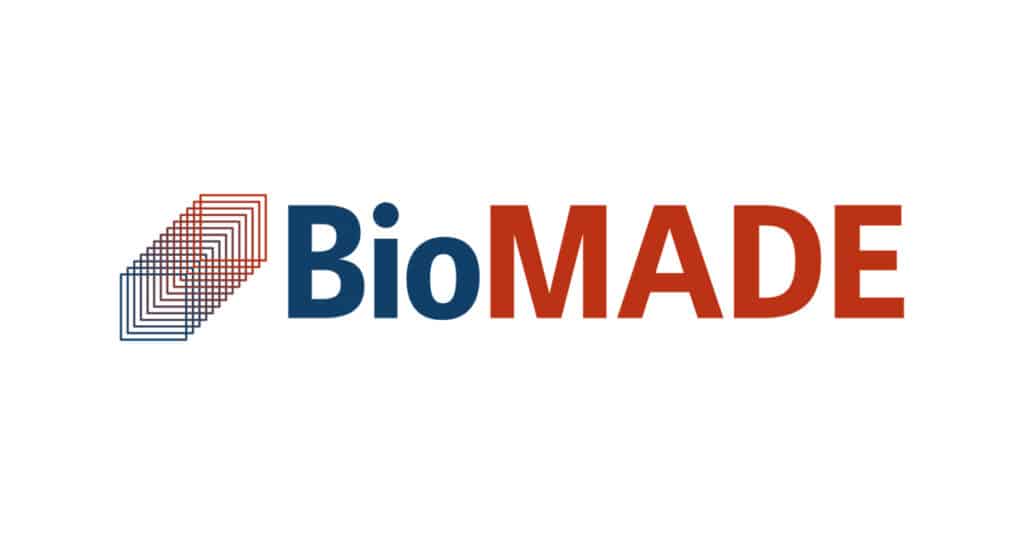If government shutdown delays SNAP benefits, food banks say capacity will be ‘pushed to their very limits’

Lisa Rossi Oct 24, 2025 | 10:58 am
5 min read time
1,126 wordsAll Latest News, Government Policy and Law, Nonprofits and Philanthropy
Local food banks and pantries said Thursday they are preparing for potential SNAP delays due to the federal government shutdown, although they said their efforts can’t replace SNAP benefits.
The Supplemental Nutrition Assistance Program, commonly known as SNAP, provides food benefits for low-income families and is federally funded through the U.S. Department of Agriculture’s Food and Nutrition Service. Approximately 131,000 households in Iowa are eligible for SNAP benefits, which costs the state $45 million per month, according to a news release from Gov. Kim Reynolds’ office.
“November is always the busiest month in the food bank and food pantry world, and if SNAP benefits do not go out on time, in November, the capacity of food banks and food pantries will be pushed to their very limits,” said Kathy Underhill, CEO of the Des Moines Area Religious Council.
Underhill said DMARC will be increasing its food on hand in the warehouse at 100 Army Post Road by about 25%.
“We’re staying in close contact with all of our partners across the metro to ensure that there are no interruptions in daily service, and we have no plans at this time to limit the amount of food we guarantee or alter our services,” she said.
Underhill said community members can help by volunteering with their local food pantry or making donations.
The USDA Food and Nutrition Service told states on Oct. 10 that the federal government does not have enough funds to pay for November SNAP benefits, and instructed states not to submit their November SNAP issuance file to payment processors, according to an email from DMARC. On Oct. 17, the Iowa Department of Health and Human Services issued a statement confirming that November SNAP benefits will not be issued if the federal government shutdown is still in effect.
SNAP benefits are normally sent to households during the 1st through 10th of each month, so DMARC officials said if the government reopens in early November, some recipients may see a delay while others don’t.
USDA has taken steps to find an additional $300 million to fund WIC, which is USDA’s special supplemental nutrition program for women, infants and children, through tariff revenue, DMARC officials said. This should be enough to fully fund WIC through the end of October. The Iowa Department of Health and Human Services has also used state reserve funds to temporarily fund WIC, and will be reimbursed for these costs by USDA once the shutdown ends, DMARC said.
“WIC remains funded for now, but the future is uncertain as the shutdown moves into November,” DMARC leaders said in an emailed statement.
Reynolds announced Thursday she has directed the Iowa Department of Health and Human Services to convene regular calls with Iowa’s food banks, and is now reviewing the state’s food insecurity response plan used during the COVID-19 pandemic to prepare for the potential delay of SNAP benefits if the government shutdown doesn’t end before Nov. 1.
“Because SNAP is fully funded and operated by the federal government, states are unable to step in and keep it running,” Reynolds said in a news release. “I’ve asked HHS to remain in regular contact with Iowa’s food banks so that we are aware of their current inventory and their ability to increase food orders and distribution if necessary. Our focus in Iowa will be on understanding the needs of food banks and pantries across the state and applying what we learned during the pandemic to support SNAP households if benefits are delayed.”
In March 2020, Reynolds established the Feeding Iowans Task Force to assist Iowans impacted by food insecurity during the pandemic. The objective was to understand feeding operations across all populations and resolve any shortfalls in the state’s capacity to continue feeding those in need.
Underhill said a delay in benefits would be “absolutely unprecedented in the history of the SNAP program.”
“We’ve never had benefits delayed or fail to go out on time.”
In Polk County, it would about 50,000 people would not receive their benefits, she said.
“That’s about 1 in 10 neighbors,” she said. “Half of those are children or older adults. It also means … about $9 million a month in lost grocery sales for our local grocery retailers. This will hit low-income Iowans incredibly hard.”
Annette Hacker, chief communications and strategy officer at Food Bank of Iowa, said it will continue to “help stock partner shelves, coolers and freezers” in Polk County, including the DMARC network, and in 54 other Iowa counties.
“But our work is getting harder,” she said. “It takes all of us working together to get Iowans the food they need to thrive.”
The Food Bank of Iowa is funded through donations, not by the federal government, Hacker said.
“Our resources are not unlimited,” she said.
The Food Bank of Iowa receives commodity food from the USDA, which is currently about 10% of its inventory, the lowest it’s ever been, she said.
“We do have USDA orders coming through the end of the year, but there can’t be any new orders until the government reopens” she said. “And as for the million pounds, or 30 truckloads of food we have ordered for delivery in the first quarter of 2026, it certainly remains to be seen if we ever see any of that food.”
Mike Sheehy, executive director of Catholic Charities, which is a DMARC food pantry partner and administers programs within the Diocese of Des Moines focused on social justice, said it’s food pantry serves about 21,000 people per year.
“We have definitely seen over the last couple years a growth in the people that are coming to our pantry, whether it’s individuals or families,” he said. “And one of the things we’re also seeing is first-time people that come that had not been to the food pantry before, and many of these are people that have jobs, but just aren’t able to make ends meet. They could be nurses, they could be construction workers, and they could be our neighbors.”
Sheehy characterized the work done at the Catholic Charities food pantry as “really supplemental.”
“We’re there to provide solutions, but there’s no way that we could provide solutions that would solve the gap between what programs like SNAP can provide those types of customers,” he said. “We have volunteers that support our programs. We have limited facilities. We have challenges that make that very difficult.”
He said he also expected to see “unprecedented growth” at the food pantry if SNAP does not come in November.
“And while that would be difficult, … we believe that the Catholic community is always willing to step [up] as best it can to find solutions, and we will be fully prepared to support as best we can,” he said.

Lisa Rossi
Lisa Rossi is a staff writer at Business Record. She covers innovation and entrepreneurship, insurance, health care, and Iowa Stops Hunger.










